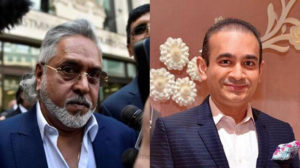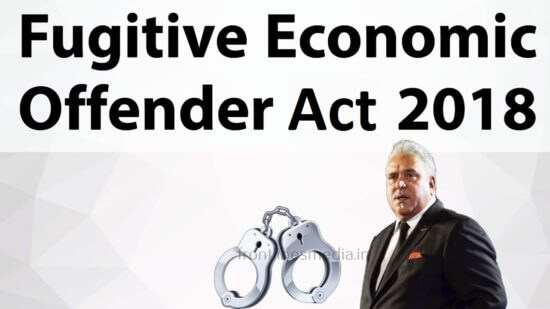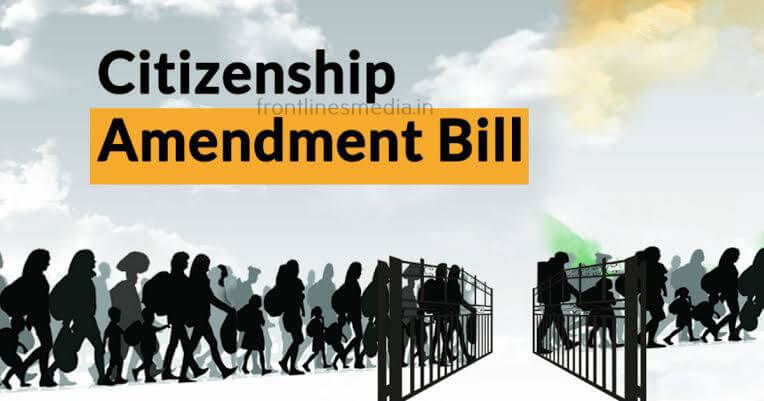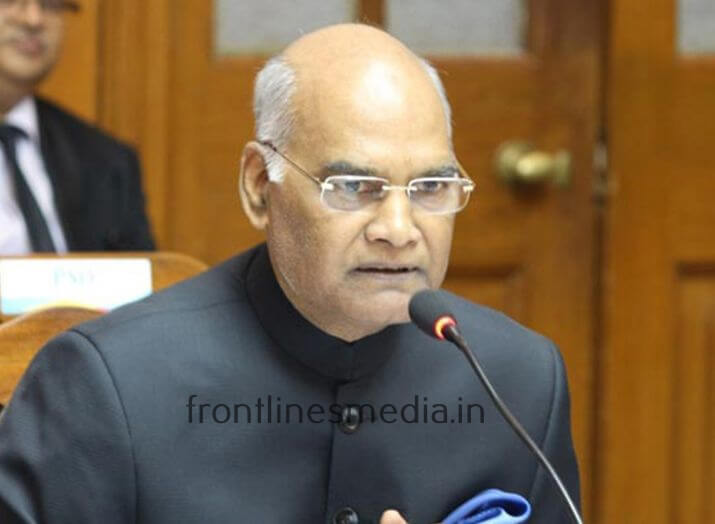In yesterday’s news, we might have read that economic offender NIRAV MODI is now declared as a fugitive economic offender after Vijay Mallya. NIRAV MODI involved in PUNJAB NATIONAL BANK FRAUD CASE.

Now let us know about that act…
The act was passed by the parliament on July 25th, 2018. Now let us see who will be considered as a FUGITIVE ECONOMIC OFFENDER.
It means any individual against whom a warrant for arrest in relation to the scheduled offense has been issued by any court in India and WHO:
(A)Either leave or has left to avoid criminal prosecution
(B)Refuses to return to India to face criminal prosecution.

Provisions:
- Offenses involving the amount of RS.100 crores or more fall under this provision.
To declare a person, an application will be filed in a special court(Under prevention of Money-laundering Act 2002) by the director. - The special court will require the person to appear at a special place at least 6 weeks from the issue of notice.
- If not appeared. attachments of the property of FEO and confiscation of the property
belonging to such offender in India and abroad including Benami property. - Sell the properties to pay off the lenders.
- The law will have an overriding effect over all other pieces of legislation.
- FEO cannot have any civil claim.

NEED FOR THE LAW:
- As it is felt that, recently many high-value economic offenders are getting out
of control. - And this hampers investigation in criminal cases.
- Wastes precious time of courts.
- Existing civil and criminal law provisions are not entirely adequate to deal with the severity of the problem.
SHORTCOMINGS OF LAW:
- Law cannot force FEOs to return to India as it depends on the extradition laws in the country they fled to.
- This type of clauses is often liable for legal challenges.
- The Rs.100cr threshold would allow many other offenders to go free.
- Deterioration in the value of seized assets and finding suitable buyers are some other concerns.




